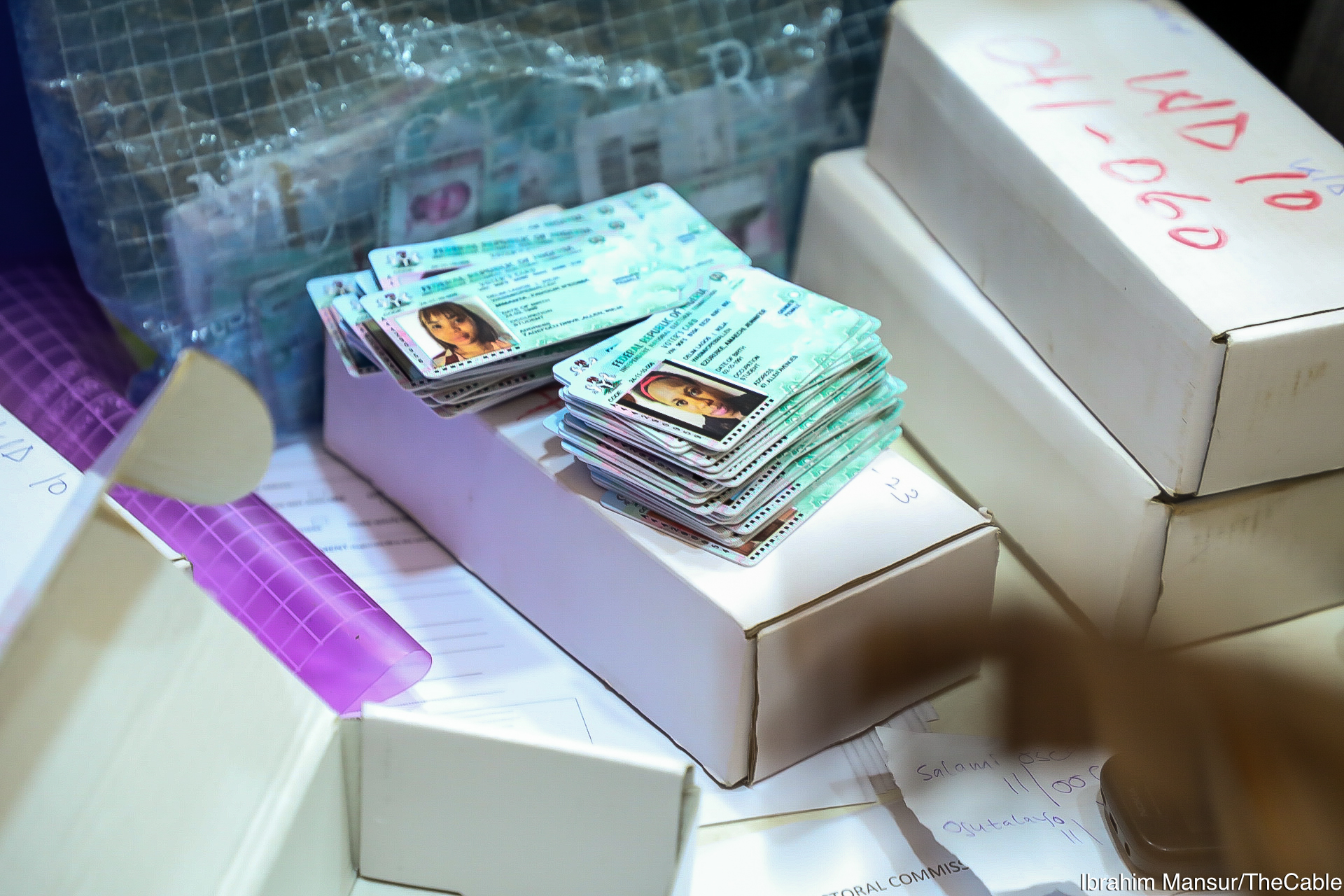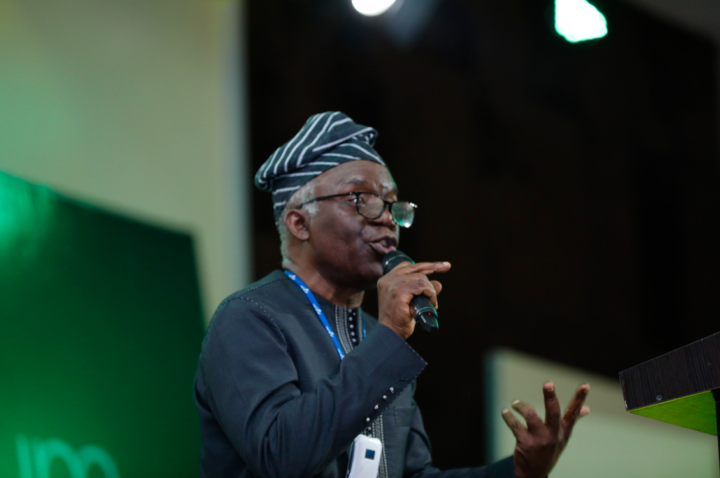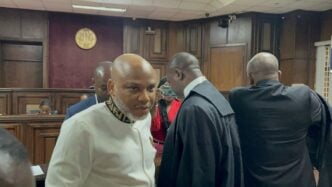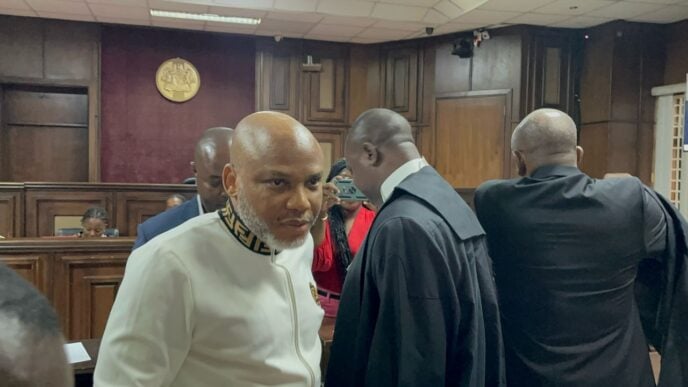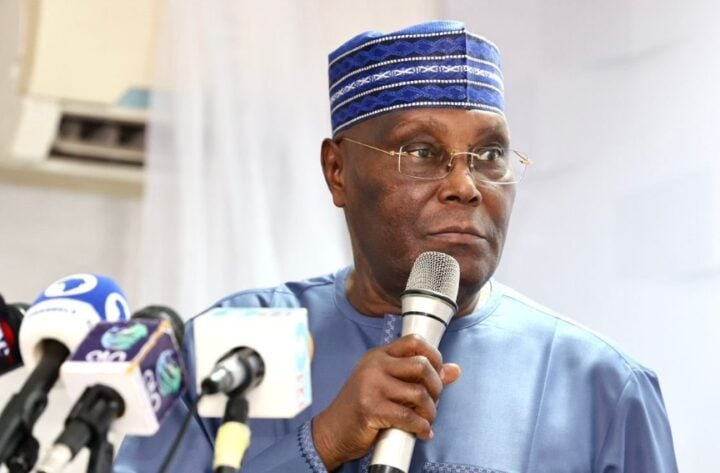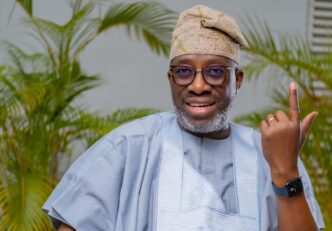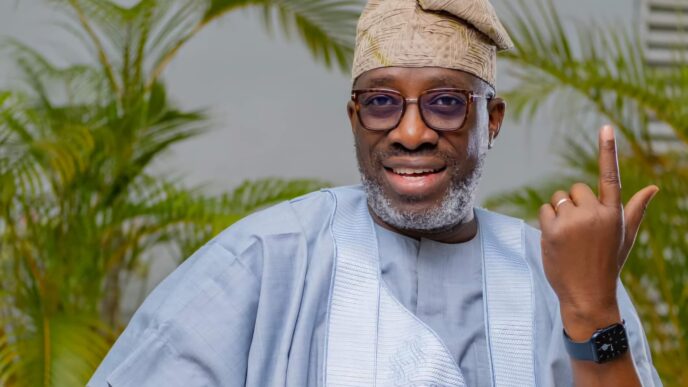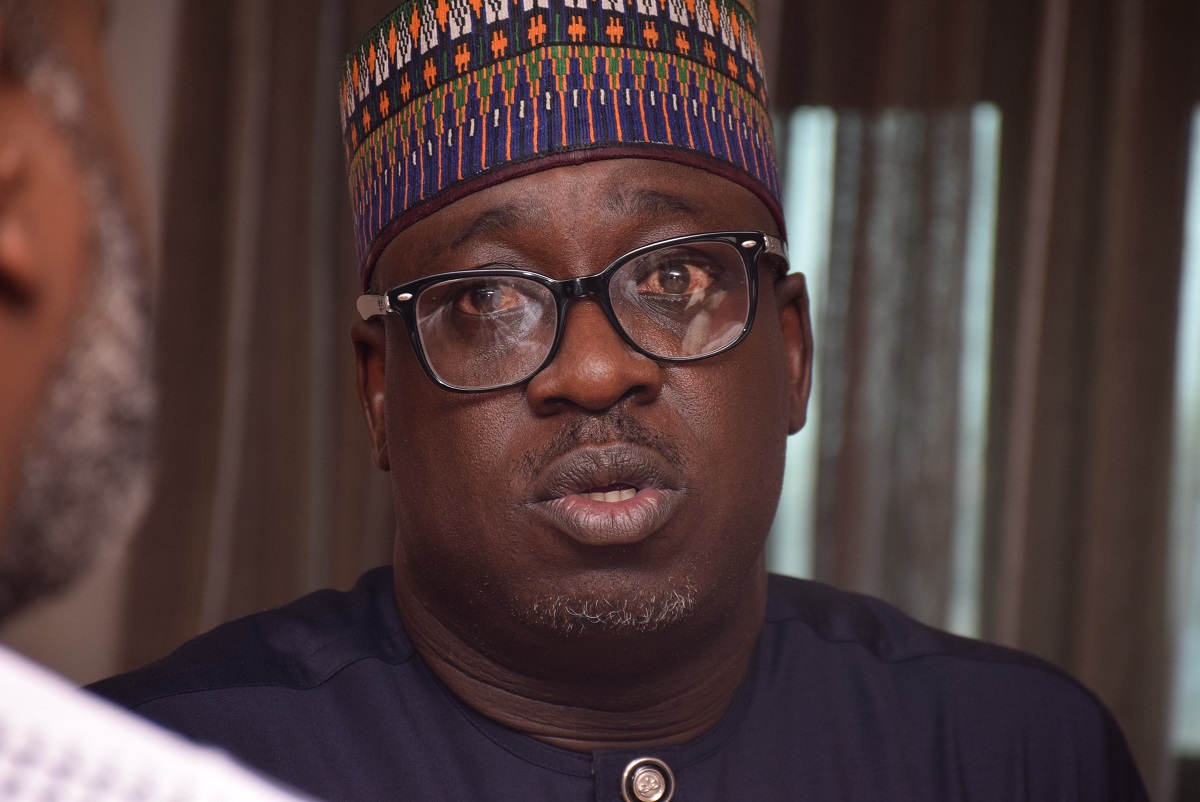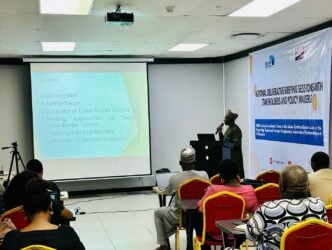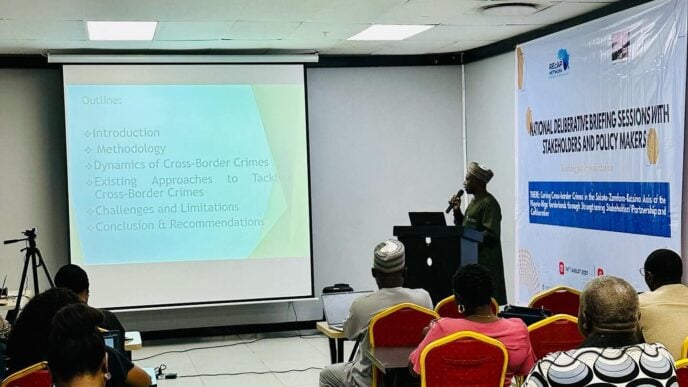The Igbo Agenda Dialogue (IAD) has implored south-easterners to obtain their permanent voter cards (PVCs) ahead of the 2025 elections.
The group made the call on Wednesday during its inaugural meeting in Abuja, the nation’s capital.
Presenting a communiqué after the sit-down, Chekwas Okorie, IAD’s convener and founder of the All Progressives Grand Alliance (APGA), said members expressed concerns over the decline in voter turnout among Ndigbo in recent elections.
He said the participants resolved to “reawaken political consciousness through mass mobilisation and education”.
Advertisement
“It was agreed that the permanent voter cards (PVC) are the strongest instrument of political empowerment for Ndigbo, far more effective than violence or armed struggle,” the communique reads.
“The meeting endorsed the proposal to formulate a practical strategy in a sustainable manner to ensure full Igbo participation in all electoral contests wherever they are domiciled in Nigeria.
“The meeting resolved to build a formidable Igbo national grid, integrating all credible Igbo associations, unions, professional bodies, and diaspora groups into a coordinated structure for political mobilisation, economic empowerment, and cultural renaissance.”
Advertisement
Okorie said the group resolved to hold a “comprehensive” Igbo political summit in Enugu on a date to be announced soon.
He said the IAD is not a rival or parallel body to Ohanaeze Ndigbo Worldwide, which remains the apex socio-cultural organisation of the Igbo nation, but a complementary platform dedicated to formulating a clear and binding political agenda for Ndigbo in Nigeria.
Okorie said the group resolved that the proposed summit will adopt an Igbo charter — a comprehensive political agenda defining Igbo interests, rights, and responsibilities in Nigeria.
“A select committee of respected Igbo leaders, technocrats, and intellectuals shall be constituted to draft the charter, ensuring depth, quality, and durability,” he said.
Advertisement
“The gathering noted with concern the historical absence of a unified Igbo political front since the end of the Nigerian Civil War in 1970.
“It condemned the ridicule, marginalisation, and alienation of Ndigbo in Nigeria’s political space and resolved that such a trend must no longer continue.
“The Dialogue emphasised that Igbo votes must never again be taken for granted. Any candidate or political party seeking Igbo support must enter into a binding memorandum of understanding (MoU) with the Igbo nation, and such agreements shall be made public through verified platforms.”
Okorie added that members pledged to work in unity and sincerity of purpose towards the success of the proposed Igbo political summit and the adoption of the Igbo charter.
Advertisement
